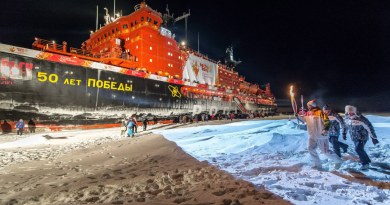Inuit knowledge to play role in IMO guideline review for reducing underwater noise
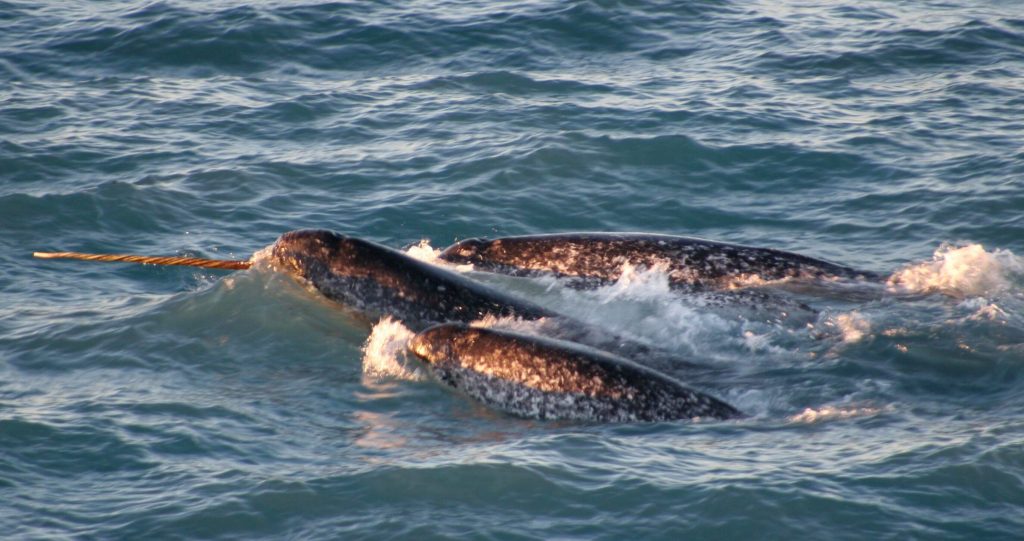
Inuit knowledge will play a role in the International Maritime Organization review for reducing underwater noise as the U.N. body undertakes a review of its voluntary guidelines.
The decision was made during the International Maritime Organization (IMO) sub-committee meeting on ship design (SDC 8) last week.
Inuit Circumpolar Council (ICC), the organization that represents the approximate 180,000 Inuit in Alaska, Canada, Greenland, and Chukotka, Russia, and which has observer status at the IMO, pushed for the initiative saying underwater noise pollution is a particular concern in the Arctic and Inuit and Indigenous participation would be key.
“Inuit depend upon shipping for essential goods and services, and Inuit communities also depend on the sea for livelihoods and food,” Lisa Koperqualuk, ICC Canada vice president International, said in a news release.
“Our economy and culture depend on safe, low impact, and clean shipping.”
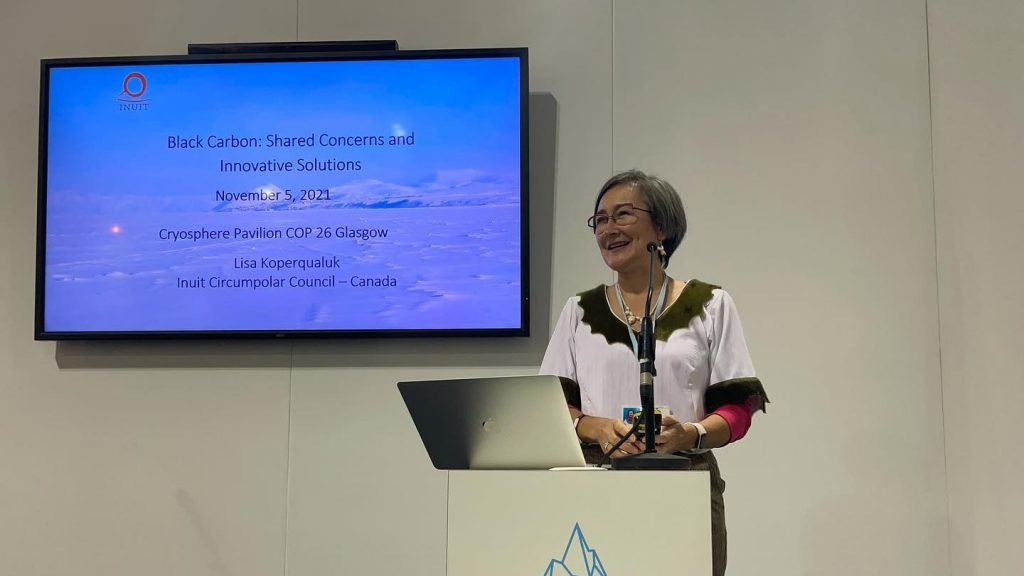
Guidelines getting a rethink
Underwater noise can be caused by everything from ship propellers to hull form and on-board machinery.
The Arctic Council, an international forum made of the eight Arctic countries and six Arctic Indigenous groups, including the ICC, notes that underwater noise is already known to affect some species of whales as well as fish like Arctic cod and shorthorn sculpin.
ICC says they’re hearing increasing complaints from Inuit communities in places like Canada’s Baffin Island, who say the increased shipping traffic is affecting marine mammals like narwhal.
The IMO approved guidelines for reducing underwater noise caused by commercial shipping in 2014.
In it, the body laid out advice to shipbuilders, designers and ship operators on how reduce underwater noise caused by ships’ structures. They covered everything from choosing better designs for hulls and propellers to standardizing how underwater noise should be measured.
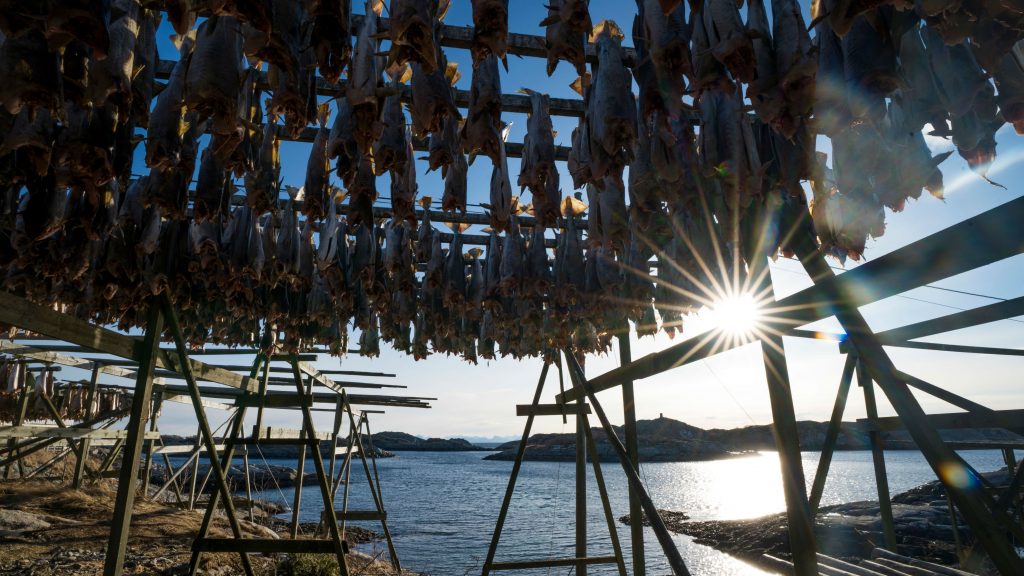
The IMO also emphasized the importance of where on-board machinery was placed, as well as asking manufacturers for noise information on their equipment so ship designers could better mitigate the sound they generate.
However, the voluntary nature of the guidelines means there’s been little progress, say Inuit and some NGOs.
In the meeting summary on their website, the IMO said a review was important.
“The international community recognizes that underwater-radiated noise from ships may have both short and long-term negative consequences on marine life, especially marine mammals,” the IMO said.
“The aim of the review is to provide updated recommendations based on the latest developments in ship design and technology and to address the barriers to their uptake in an effort towards a significant and measurable reduction of underwater-radiated noise from ships.”
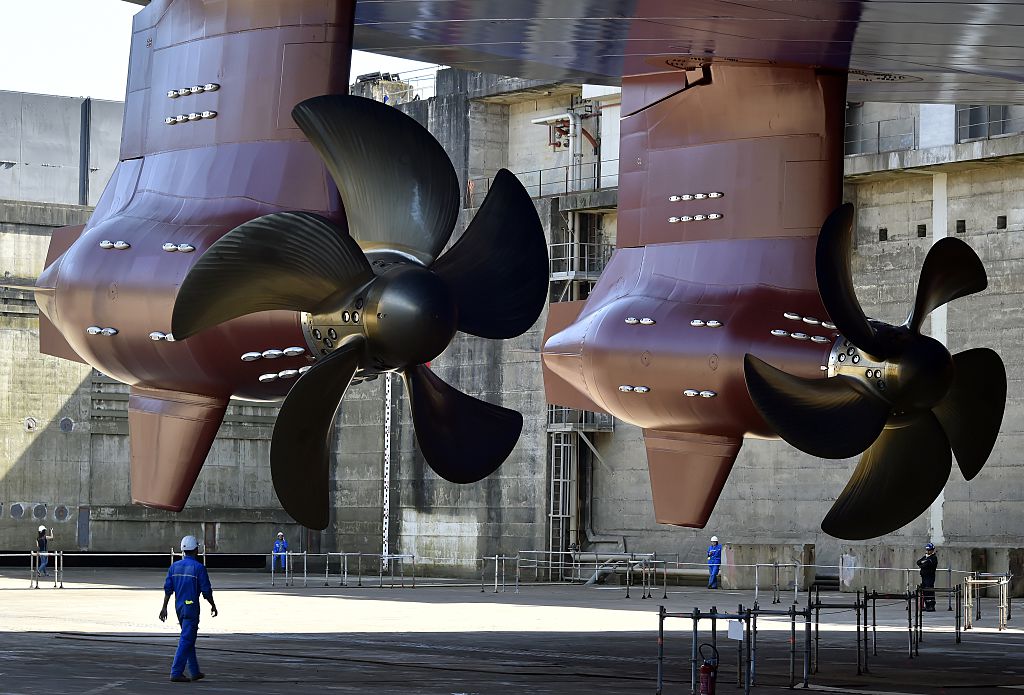
Group to look at ways to increase uptake
The IMO has created a conference group to examine all aspects of the issue as well as amending the 2014 guidelines and exploring ways to increase uptake. The group will also be tasked with incorporating Indigenous knowledge into its work as well as enabling Inuit and Indigenous communities to engage in the process.
“As a UN body, the IMO must consider and fully implement UNDRIP, including in our collective work here today,” Koperqualuk said.
ICC received provisional consultative status at the International Maritime Organization in November, and Koperqualuk said the meeting last week shows why it’s important to have Indigenous voices from the North included in the process.
“We are the first Indigenous organization to be granted this status and it’s our hope that it will be the beginning of a new relationship between the IMO and its members with Indigenous people throughout the world, and more specifically in the Arctic.”
Recommendations for the guidelines updates will be presented at the Marine Environment Protection Committee (MEPC 80) in 2023.
Write to Eilís Quinn at eilis.quinn(at)cbc.ca
Related stories from around the North:
Canada: 44 per cent increase in unique ships entering Canada’s Northwest Passage, says report, Eye on the Arctic
Estonia: Estonian president favorable towards Arctic railway project, cautious about future of Arctic shipping, Eye on the Arctic
Norway: Shipping, climate & business opportunities in the North: Q&A with the Arctic Economic Council, Eye on the Arctic
Russia: North Russian regions want extension of Arctic shipping route, The Independent Barents Observer

